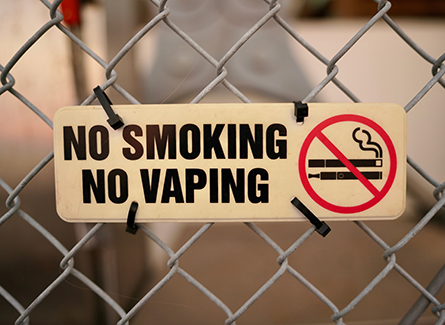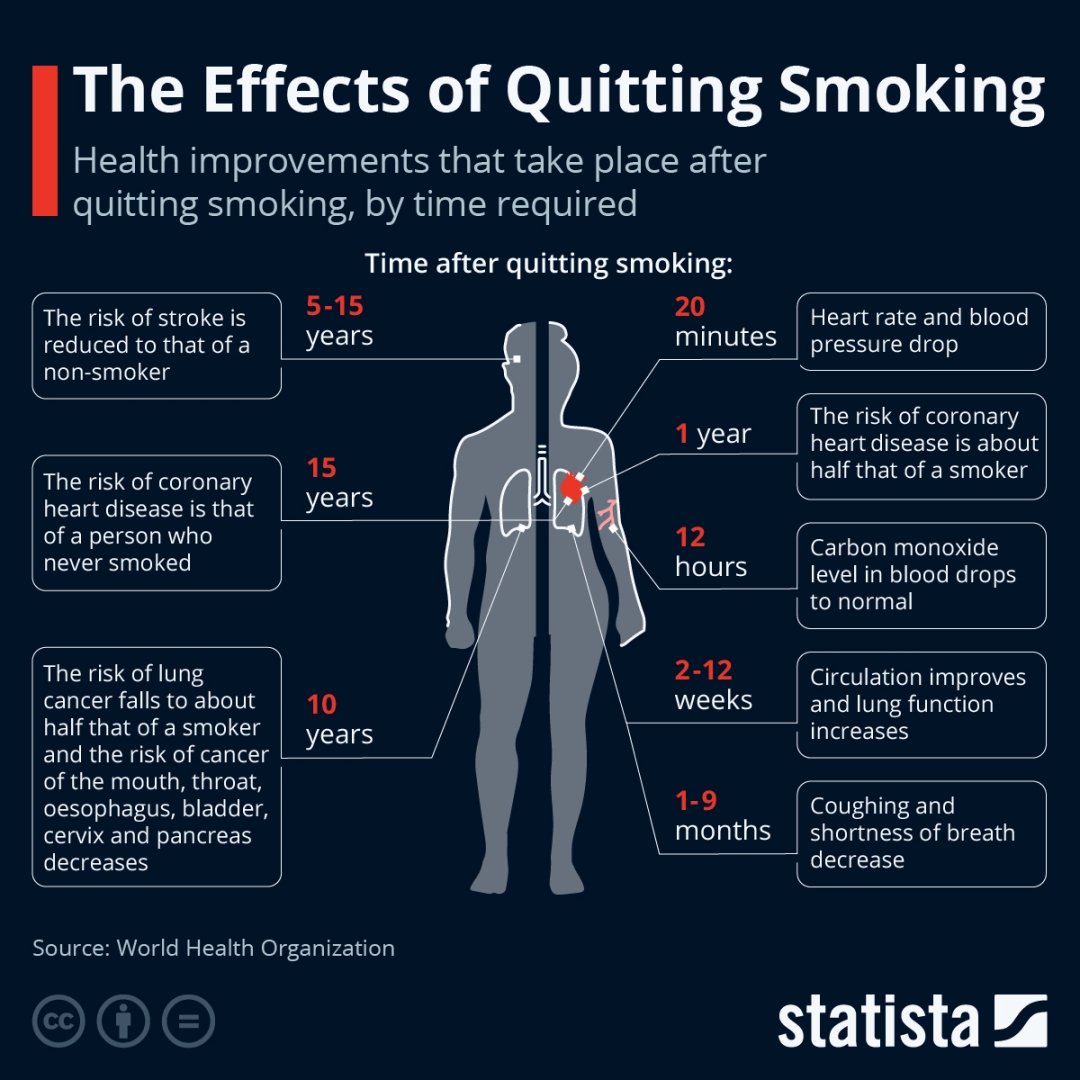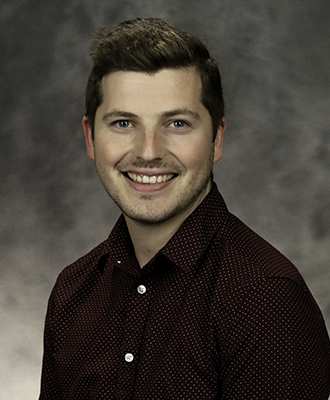Kick the Habit: How to Quit Smoking and Vaping
November 14, 2024By: Trevin Lambert
Categories: Your Wellness

Vaping and Youth
Did you know nationally more than 1 in 4 youth use e-cigarettes daily? Learn the history and trends seen in youth vape use, discuss the risks and gain actionable prevention steps to combat a new generation of addiction. Presented by Jeanene Morris with Beacon Mental Health.
There are no two ways about it: Smoking and vaping are bad for your health. Both habits can increase your risk of heart disease, cancer, diabetes, stroke and other health complications. But quitting is easier said than done.
You can increase your chances of kicking the habit when you know your why, have a plan and surround yourself with support.
Know Your Why
Identifying and expressing your reason (or reasons) for quitting is a good first step to be successful. Whether it’s for your health, a family member’s wishes or even to save money, you likely have a strong motivation for cutting out nicotine.
Think of the hard questions:
• How does smoking and vaping impact your life?
• How does it impact your relationships?
• How does it impact your finances?
Then share your reason(s) for quitting with loved ones. Finally, keep your reason front and center. Add a calendar reminder or post a note on your bathroom mirror so you can remember your “why” every day.
Have a Plan to Quit
Whether you’ve smoked for months or decades, quitting will take a lot of effort. Having a plan for how you’ll quit and what you’ll do to get through the challenges and slipups can increase your chances of success.
Find Your Quit Day
Schedule a day you aim to stop using tobacco and nicotine products completely. Add it to your calendar and tell your support system. Set the date reasonably close, like within a few weeks. Avoid scheduling your quit day during a stressful time, like a deadline, holiday or test. Get rid of your vaper, cigarettes, ashtrays and any related products before your quit day.
Decide How You’ll Quit
You may choose to go cold turkey and stop smoking or vaping altogether. You may consider paring down your consumption over time before cutting it out entirely. If you’ve tried to quit before and were unsuccessful, or you want extra help, speak with your primary care doctor about products. Medications or nicotine patches can help.
Know Your Triggers
Do certain situations or people make you more likely to smoke or vape? Try to avoid these situations, especially in the early days after you’ve quit. Stay away from places where others are smoking or vaping as much as you can.
Prepare for Cravings
Because nicotine, a chemical found in tobacco, is addictive, you’ll likely find yourself craving a cigarette or vape in the days and weeks after you quit. Make a list of things to do when those cravings hit, such as:
• Calling a friend
• Chewing gum
• Having a cup of coffee
• Journaling
• Practicing a hobby, like painting or playing an instrument
• Snacking on healthy foods, like fruits, veggies or nuts
• Taking a walk
• Working out
Surround Yourself with Support
Talk to family and friends about your plans to quit and ask for their help when you need it — or even to distract you for a few minutes when a craving hits.
Your care team is also here to help. Talk to your primary care doctor. Consider speaking with a tobacco cessation counselor or therapist who specializes in mental healthcare for smoking and vaping. Attend a Give Up Tobacco class at North Kansas City Hospital for additional support and resources.
Celebrate Your Wins
Quitting doesn’t happen overnight. You’ll continue to face triggers weeks, months and years later. But you can still celebrate your small victories, like going a full day or week without tobacco. Pat yourself on the back when you resist smoking in a situation when you’d usually want to smoke. Share your wins with those around you.
Just Start
Quitting is worth it. When you stop using tobacco products, your heart and lung health, ability to breathe, and sense of taste and smell improve. The first step is making the decision to quit. Build your plan, assemble your support system and use NKCH resources to help you quit for good.




